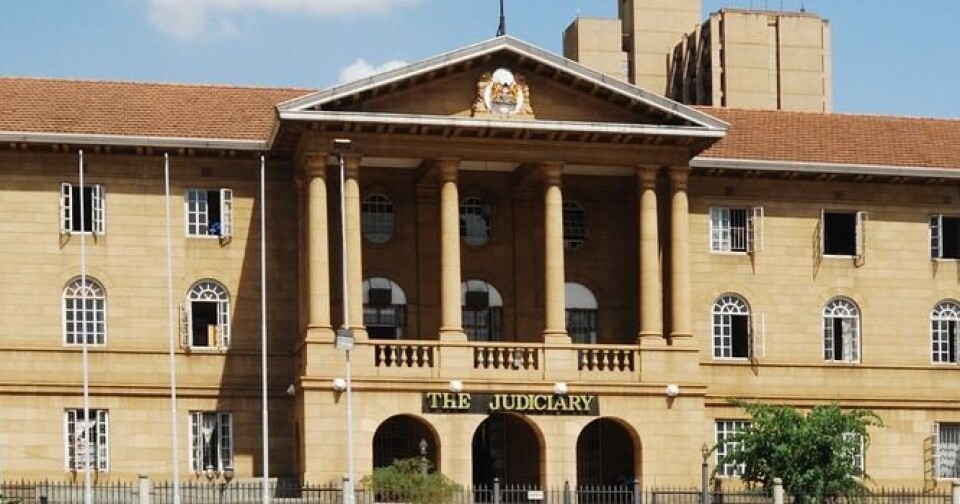Copyright : Re-publication of this article is authorised only in the following circumstances; the writer and Africa Legal are both recognised as the author and the website address www.africa-legal.com and original article link are back linked. Re-publication without both must be preauthorised by contacting editor@africa-legal.com
Out-of-court settlements banned

Perpetrators of rape and defilement can no longer avoid court in Kenya after the High Court declared it illegal for them to enter out-of-court settlements with the victims, writes Paul Ogemba.
Justice Anthony Mrima declared that out-of-court settlement agreements in sexual violence cases, resulting in the non-prosecution of those likely to be culpable, are unconstitutional and should not be entered into by the police.
“Such agreements infringe on the victims’ rights and fundamental freedoms as guaranteed in the constitution. Further, such agreements infringe (on) the provisions of international instruments in which Kenya is a State party, including the Universal Declaration of Human Rights,” the judge ruled.
Justice Mrima added that it is also against other international laws – including the International Covenant on Civil and Political Rights; the International Covenant on Economic, Social and Cultural Rights; Declaration on the Elimination of Violence against Women and the African Charter on Human and People’s Rights – to allow rape culprits to walk free after signing an agreement with the victim.
According to the judge, the police’s role in cases of sexual violence is restricted to investigation, collecting evidence, arresting the perpetrator and forwarding the file to the Director of Public Prosecution who will decide whether to charge the suspect.
He made the decision following a petition by a victim who police officers forced to sign an out-of-court settlement with her rapist in exchange for Sh130 000 ($803) as compensation.
The victim said she was a university student in 2020 when institutions were shut down as a result of Covid-19, and she sought short-term employment as a sales and marketing agent in a grocery shop.
She stated that one evening after the shop was closed, the proprietor asked her to wait for him and said he would drop her at home since they resided in neighbouring estates.
After everyone had left, the man raped her. The woman went home and told her sister what happened. She was advised to report to a police station before going to a hospital for a check-up.
After getting the medical examination report which confirmed she was raped, the woman reported back to the police station and the perpetrator was summoned.
The man, who was identified as a former police officer, admitted to raping her, but used his influence within the police service to coerce the victim to sign an out-of-court settlement.
Since she feared for her life, the victim signed the document but subsequently sought help from the Centre for Rights Education and Awareness (CREAW) which helped her file the petition for violation of her rights.
Justice Mrima ruled that the law only allows police officers to engage in mediation and reconciliation in matters which are not of a serious nature like sexual offences.
“The court asserts that out-of-court settlement agreements in sexual offences resulting in the non-prosecution of those culpable have far-reaching effects on the victims. Apart from infringing on the victims’ rights and fundamental freedoms, it also affects their personal wellbeing,” he ruled.
He added that when victims report cases of rape or defilement, it is the duty of police to investigate the matter since it is only the Director of Public Prosecution that has the constitutional mandate to decide whether investigations on sexual offences should be discontinued.
To join Africa Legal's mailing list please click here
